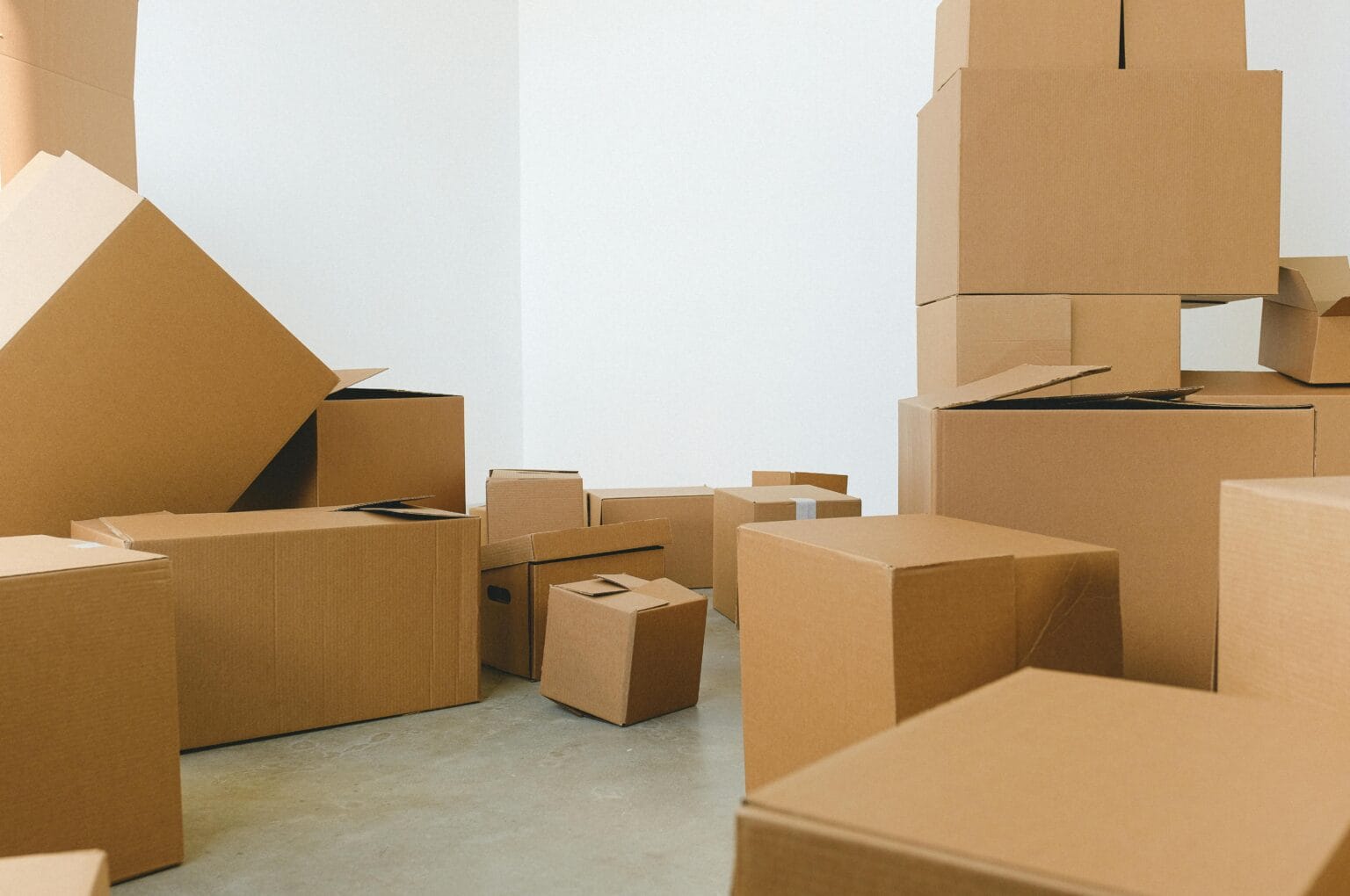Finding a sanctuary amidst the chaos is critical in a world where space is at a premium and the lines between work, home, and relaxation blur. Amidst the clamour of gym memberships and juicing regimes, there’s a new contender for enhancing personal well-being: self-storage units.
Enter Hold, the brainchild of those who understand the modern struggle for space. As the housing crisis reaches its peak, Hold provides more than just a place to store your belongings; it presents a lifestyle choice that aims to promote feelings of calm and relaxation and even boost mental health.
The premise is simple yet profound: instead of contending with cluttered living spaces or the anguish of parting with cherished possessions, renters can sweep their excess belongings into a rented lock-up for a nominal fee. At £270 a month, it’s not just about storing stuff; it’s about reclaiming control over one’s environment and, consequently, one’s mind.
But is this merely a band-aid solution for a deeper societal ill? Critics argue that the rise of self-storage units is symptomatic of a housing system in crisis. With over 100 storage complexes popping up across Britain in the past three years alone, generating a staggering £1 billion in revenue annually, it’s hard to ignore the glaring disparities in access to adequate housing.
Ben Twomey, Chief Executive of Generation Rent, cautions against viewing self-storage as a panacea for the housing crisis. He sees it as an indictment of governmental inaction, leaving renters out in the cold—both figuratively and literally. Twomey asserts that homes are the bedrock of our lives, and relegating people to storage containers is a stark reminder of systemic failures.

Yet, the demand for self-storage continues to surge, mirroring the exponential rise in private rents and the reality of increasingly cramped living conditions. With overcrowding becoming the norm and the average UK rent rising by 9.2% in the past year alone, it’s no wonder people are seeking refuge in the form of storage units.
Frederic de Ryckman de Betz, founder of Hold, emphasises the importance of separation in maintaining mental and emotional well-being. He sees self-storage not just as a practical solution but as a philosophical statement—a declaration of the need for space, both physical and psychological, in an overcrowded world.
Hold’s approach goes beyond mere storage; it taps into the burgeoning decluttering movement championed by Marie Kondo. By offering communal areas, hot desks, and creative studios, Hold transforms storage units into extensions of the home, fostering a sense of community and purpose amidst the chaos of urban living.
While the stereotype of self-storage users may skew towards the middle-aged, there’s a growing trend among younger generations to embrace this lifestyle choice. Whether it’s as a workshop for a woodworking hobby, a makeshift library, or a sanctuary for cherished belongings, self-storage offers a canvas for self-expression and liberation from the constraints of space.
In essence, self-storage isn’t a solution to the housing crisis—it’s a symptom. But it’s also a testament to human resilience and adaptability in adversity. As we navigate the complexities of modern living, perhaps the key to unlocking well-being lies not in the size of our homes but in the freedom to define our own space on our terms.
